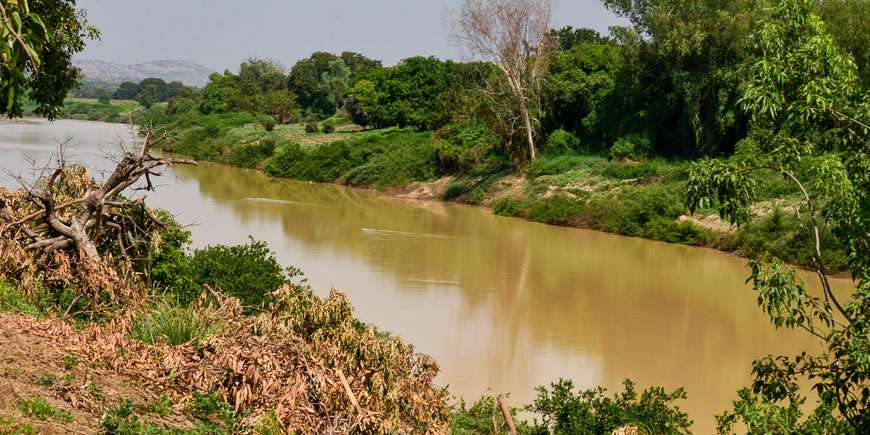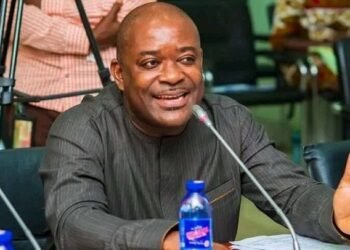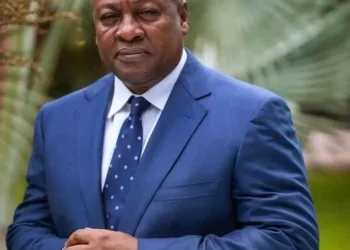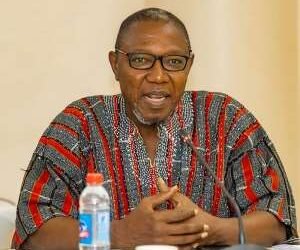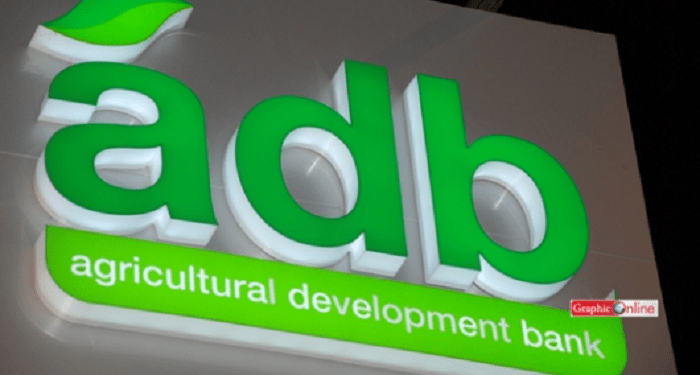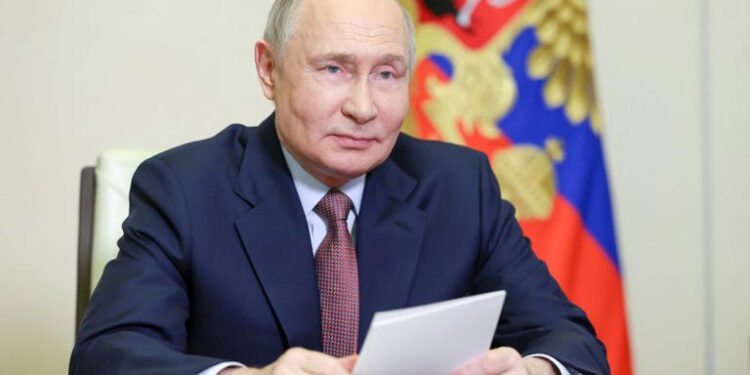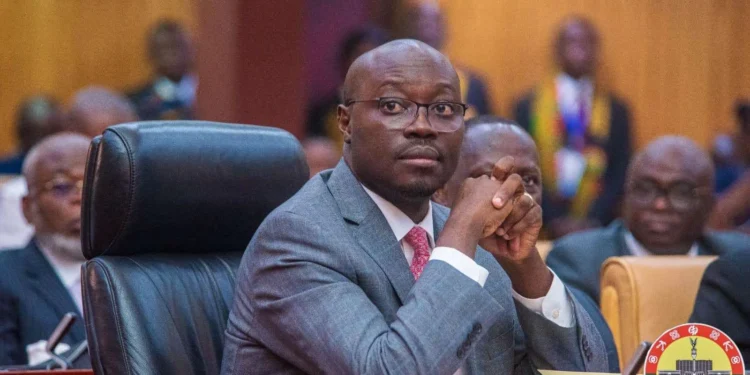The Pwalugu Dam project has once again ignited fierce debate after Bright Simons, Vice President of IMANI Africa, has criticized the Agric Minister’s recent call for termination and re-award of the contract without any detailed review of events so far.
According to him, such a move would be not only premature but also highly problematic, given the long trail of sunk costs, unanswered questions, and policy missteps tied to the dam.
“Some would recall pledges to retrieve the ~$12 million paid to the Chinese contractor through ORAL some months back. We explained then how that was simply impractical.”
Bright Simons
Accordingly, he stressed that the Ghanaian government itself shares responsibility for the failure of the project to progress. In fact, he added, the state still owes the contractor about $12 million.
“The contract is very clear that any termination must be preceded by dispute resolution,” Simons stressed, drawing attention to the binding clauses that govern how the government can approach the issue.
Simons laid bare the staggering sums already spent on the project. He pointed out that before the $12 million was paid to the Chinese contractor, Ghana had already committed close to $60 million over several decades on feasibility studies.
The very first major study dates as far back as 1967. Altogether, almost $100 million has been poured into the project to date—yet with little tangible to show for it.
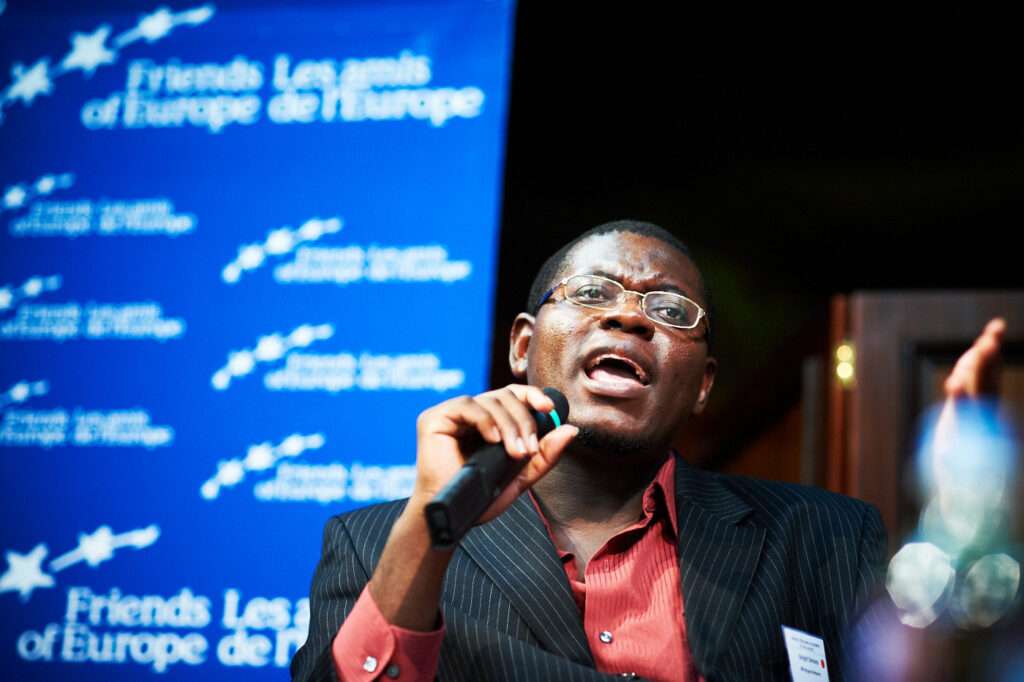
The IMANI Vice President also questioned the narrative that the Pwalugu Dam would bring broad benefits. He highlighted that multiple studies have cast doubt on the supposed advantages.
Some experts believe the project could even worsen flooding caused by spillage from upstream dams in Burkina Faso, contradicting government claims of flood prevention.
Moreover, electricity produced by the dam would cost significantly more than the national average, undermining its economic viability.
“The best part of the project—the irrigation complex—still doesn’t have a viable business model,” he noted, emphasizing how the core justification for the project remains unresolved.
Global Funders Declined Support For Pwalugu Dam
Another red flag, according to Bright Simons, is the reluctance of major global financial institutions.
Both the World Bank and the African Development Bank refused Ghana’s requests for loans to fund the project after conducting their own analyses.
“They did not believe the project choices made sense,” he explained, pointing to these refusals as evidence of deep flaws in the dam’s design and execution.
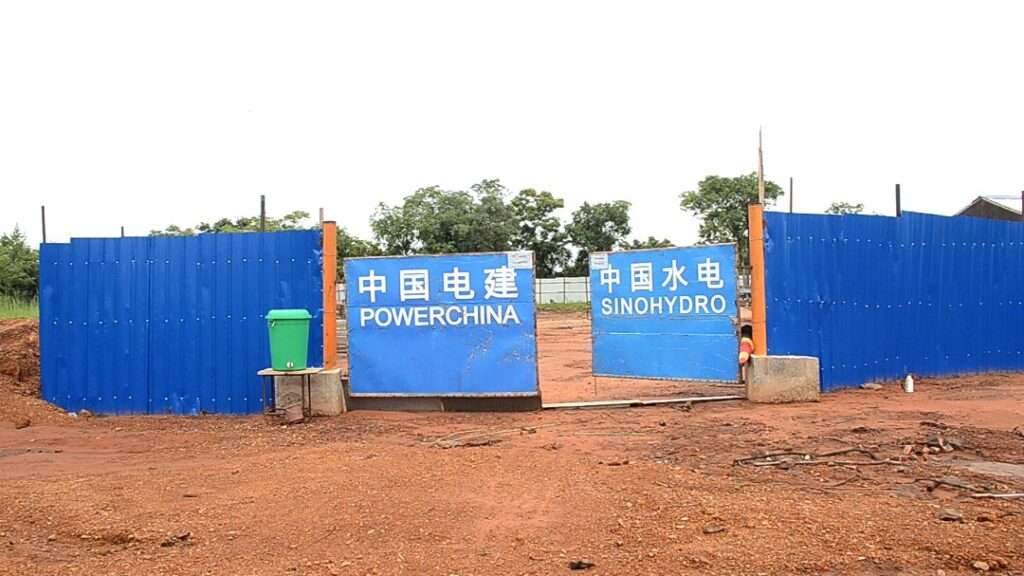
The government’s decision in 2019 to allocate budgetary funds to kickstart the project was, in Simons’ words, “purely on political grounds.” Even then, less than 10% of the original funding commitment was ever released.
Despite these glaring issues, Simons expressed concern that the Minister appears eager to move forward with termination and re-award of contracts—without addressing the project’s fundamental weaknesses.
“Without first focusing on explaining the full state of affairs, fixing the underlying policy mess, and attaining bankability (making the project investable), the Minister wants to move straight to termination.”
Bright Simons
He further noted that this rush to new contracts, which he described as “nice, juicy, FRESH contracts,” risks repeating the same cycle of wastage that has defined the Pwalugu Dam story for decades.
Simons concluded with a sharp reminder that, unless Ghana tackles the policy gap, what he called the “underlying KATANOMIC mess,” the country will simply throw more money into an already broken system.
Lessons For Policy And Governance
The Pwalugu Dam saga, which has dragged on for more than five decades, highlights broader governance challenges around transparency, accountability, and policy planning in Ghana’s public investment space.
With nearly $100 million already spent, no clear business model, and international lenders refusing to back it, critics argue the project has become emblematic of systemic dysfunction.

For Simons and IMANI, the debate is no longer just about one dam but about how Ghana approaches large-scale infrastructure projects, evaluates their viability, and avoids repeating costly mistakes.
The demand, therefore, is not just for new contracts, but for a clear-eyed assessment of the failures so far—and for genuine reform to prevent further loss of public funds.
As the controversy continues, one thing is certain: the Pwalugu Dam remains a powerful case study of how political ambition, poor planning, and weak oversight can turn an ambitious project into an enduring national headache.

